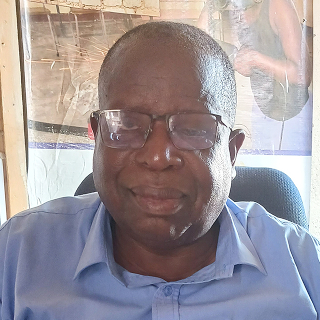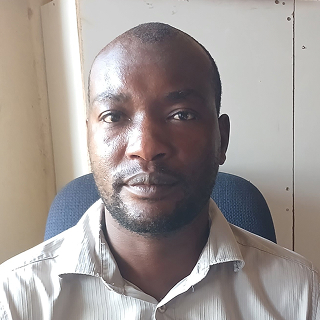Summary
This is a proposal to fund the equipping of Chipinge College of Horticulture in Zimbabwe . If passed, we will equip eight vocational training departments with new machinery, tools, and materials.
The project will directly benefit 130 youth from disadvantaged backgrounds by improving hands-on learning and increasing their chances of employment or entrepreneurship after graduation. If the pilot successfully improves outcomes for students we'll look to continue equipping the departments with more machinery, tools, and materials.
Victor Ngwenya, the administrator at Chipinge College, has seen firsthand how a lack of opportunity pushes young people into drug abuse and risky livelihoods. Since 1995, the college has quietly trained youth in practical trades from motor mechanics to cosmetology, but always with limited tools and funding.
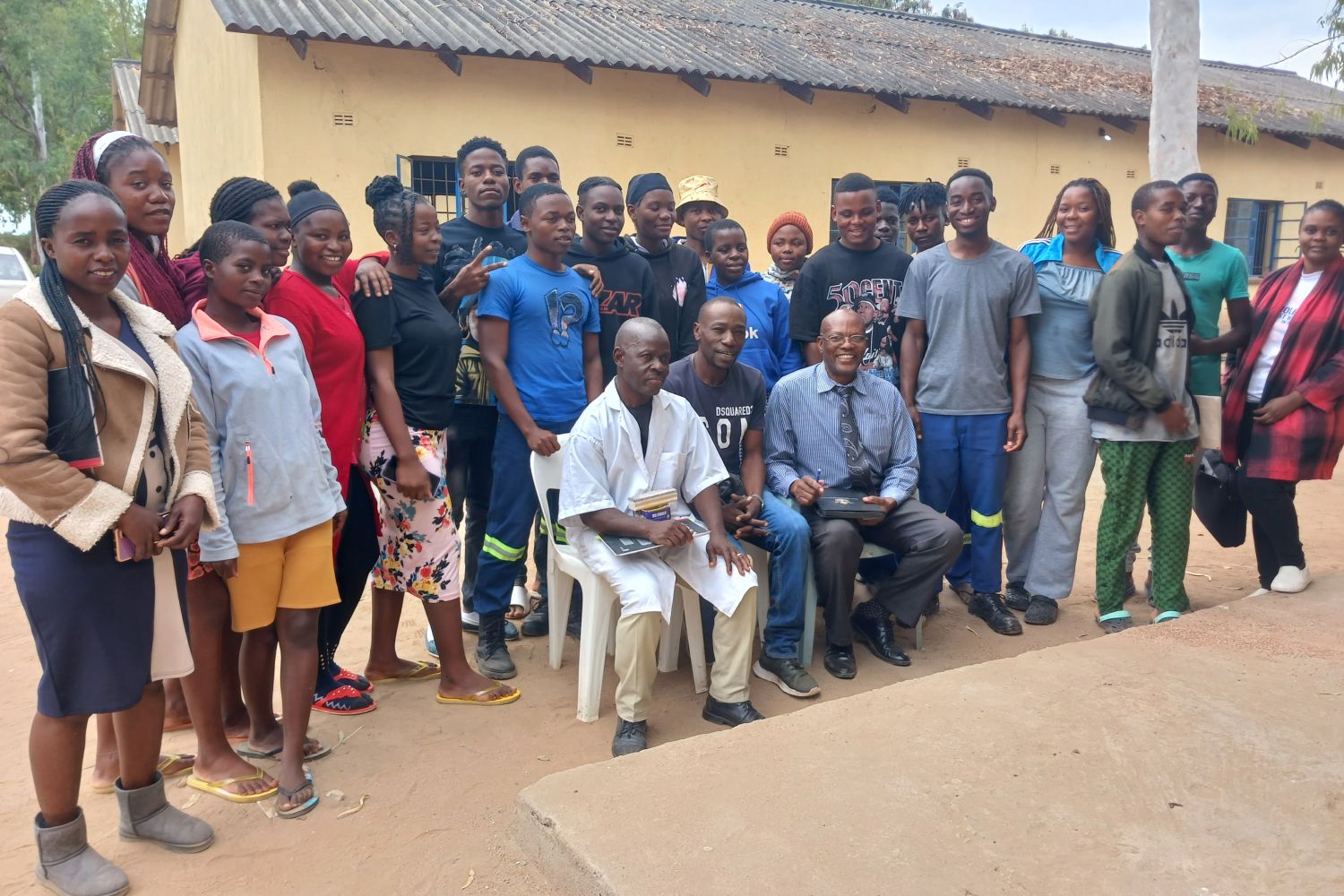
They've seen students graduate, start businesses, and find jobs in the construction and beauty industries. But the potential is greater. With updated tools and more materials, they could train more effectively and reach more youth.
Why this matters
Zimbabwe's youth unemployment rate is among the highest in Africa. In communities like Chipinge, many young people leave school with no clear path forward. They become vulnerable to drug use, early pregnancies, and exploitative work. Vocational training offers a lifeline, but only if it's practical and robust.
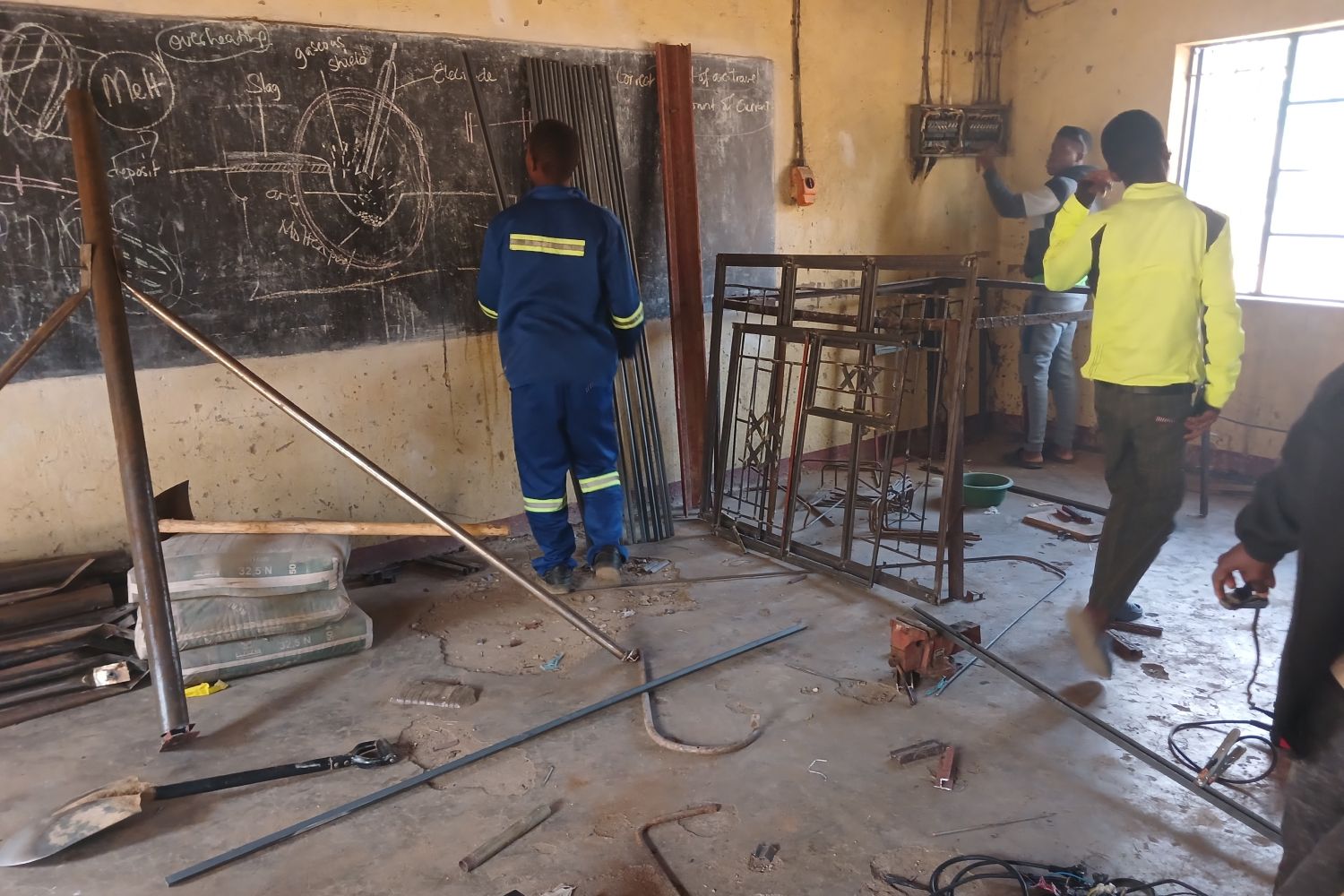
This college bridges that gap. It gives students access to quality training in real-world trades. It equips them to earn an income, support their families, and build something of their own.
What the project will change
This project will upgrade the college's ability to deliver hands-on vocational training to 130 students. With new sewing machines, welding kits, computer equipment, and beauty tools, students will no longer have to share outdated or broken equipment during their training.
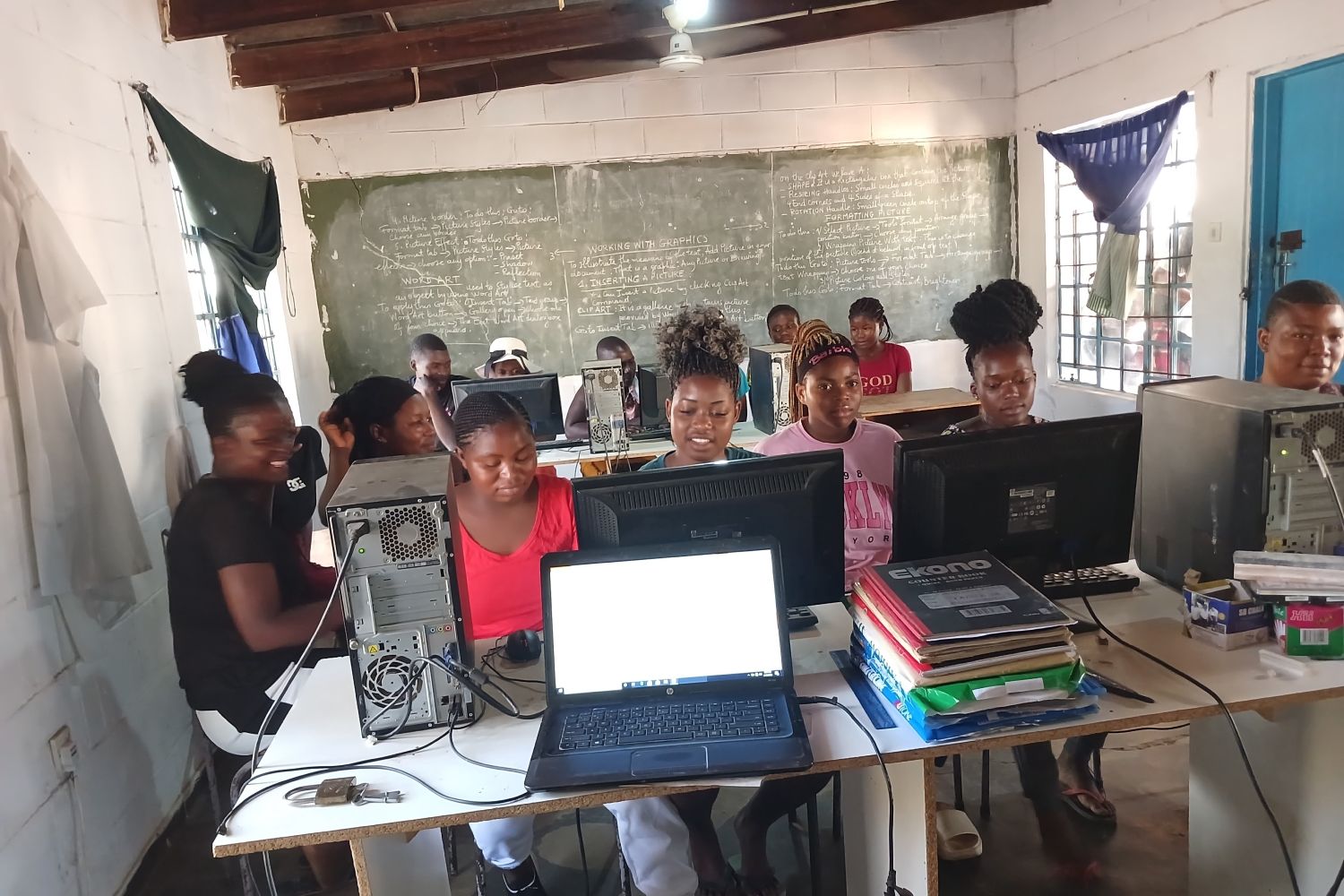
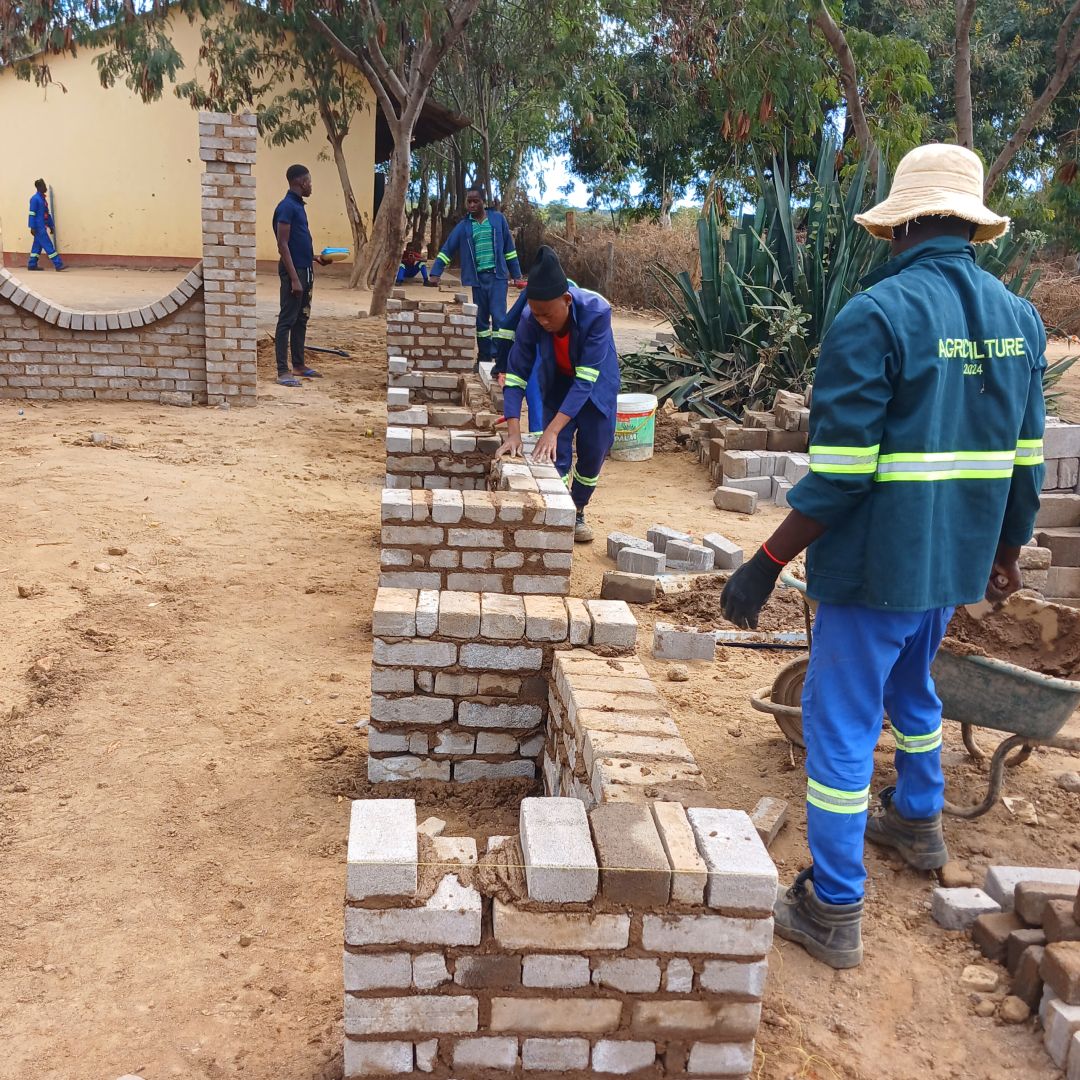
That's all!
Please cast your vote by Monday 27 Oct, and if you have any questions regarding the proposal you can reach out to the Kwanda team on team@kwanda.co
